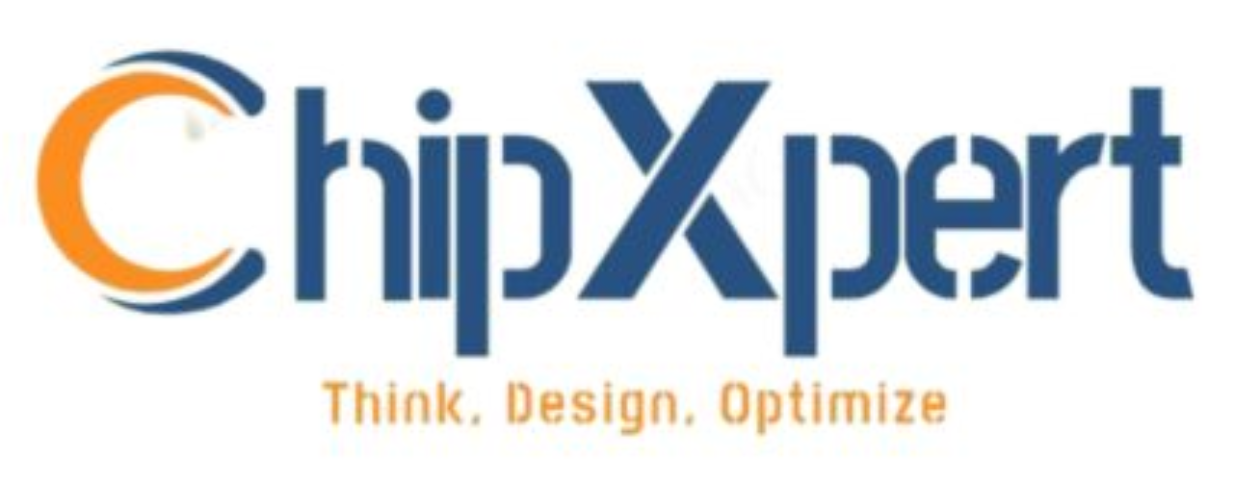VLSI Physical Design internship
Acquire hands-on project experience to become industry-ready.
Acquire hands-on project experience to become industry-ready.
30th June 2025
45 Days
Online Classes
Our Flexible e-Internship in VLSI Design and Verification is an industry-oriented, 6-week(45days) online/Offline program tailored for 4th-year B.Tech ECE students,Trained Freshers and Working Professionals. This program provides a perfect blend of self-paced learning, scheduled doubt-clearing sessions, and hands-on project work, giving students the flexibility they need while equipping them with real-world skills.

Course Fee
No Cost EMI Option
Merit Based Discount Option Upto 50%
Online/Self-paced Internship, Learn at your own pace within the 4-month duration
Fundamentals of Digital DesignBoolean algebra, logic gates, and combinational circuits.
Flip-flops, registers, counters, and sequential logic.
FSM basics (Mealy & Moore) and state encoding techniques.
Hands-on lab: Design & simulate basic digital circuits.
RTL Design & Verilog CodingIntroduction to Verilog, module structures, and data types.
FSM implementation and debugging in Verilog.
Timing concepts: setup/hold time, metastability, CDC.
Hands-on lab: Implement & simulate FSM and basic RTL designs.
Introduction & FloorplanningOverview of ASIC Design Flow & Role of Physical Design.
Floorplanning: Macro placement, IO pad planning, aspect ratio.
Power planning: Power mesh, IR drop, and electromigration.
Hands-on lab: Floorplan a simple design with power routing.
Placement & Clock Tree Synthesis (CTS)Standard cell placement, congestion analysis, and legalization.
Clock Tree Synthesis (CTS): Skew, latency, and clock buffers.
Timing concepts: Setup/Hold time, Clock Domain Crossing (CDC).
Hands-on lab: Placement & CTS using industry-standard tools.
Routing & Timing ClosureGlobal & detailed routing, DRC checks, metal layer optimization.
Timing closure: STA (Static Timing Analysis), ECO, and fixing violations.
Signal integrity: Crosstalk, noise, shielding, and IR drop analysis.
Hands-on lab: Routing & timing analysis on a real-world design.
Physical Verification & SignoffDRC, LVS, and Antenna Rule checks using foundry rule decks.
Parasitic extraction & post-layout STA (RC delay analysis).
Power optimization techniques: Dynamic/static power reduction.
Final project: Complete a design from floorplanning to signoff.
Setup & FloorplanningIntroduction to ASIC design flow & project overview.
Design setup: Library selection, constraints, and tool environment.
Floorplanning: Macro placement, power planning, and congestion analysis.
Lab Task: Perform floorplanning and power planning on a real design.
Placement & Clock Tree Synthesis (CTS)Placement optimization, legalization, and congestion removal.
Clock Tree Synthesis (CTS): Clock buffers, skew, and latency analysis.
Timing analysis: Setup/Hold time, IR drop, and EM checks.
Lab Task: Run placement and CTS on a standard cell design.
Routing & Timing ClosureGlobal & detailed routing, DRC checks, and parasitic extraction.
Timing closure strategies: ECO, SI analysis, and fixing violations.
Power optimization: Clock gating, multi-Vt cells, and dynamic/static power.
Lab Task: Perform routing, DRC/LVS, and timing analysis.
Signoff & CertificationPhysical verification: DRC, LVS, ERC, and Antenna Rule checks.
Final STA: Post-layout timing verification and power analysis.
Report generation & review for certification eligibility.
Final Project Submission: Complete a design from floorplanning to signoff.
✅ Lab Access: Available throughout the course for hands-on practice.
🏆 Certification: Issued upon successful completion of the project and final review.
Sample Course Certificate





We provide placement assistance by arranging interview opportunities with hiring companies. This is complimentary service from ChipXpert, without charging any extra amount for this. We charge only for our training, but not for placements.
We provide placement support until candidate gets job. To Ensure Successful Placements, We provide added support including mentorship, fundamentals classes, soft skills training, mock interviews Etc.
Salary Range For Freshers Is From 3- 4 Lakhs Per Annum In Service Companies. Salaries In Product/MNC Companies Can Range Between 7 To 16 Lakhs.
Though 3-4 LPA appears similar to software salaries, your real growth comes after 3 years. First 2-3 years are to be considered as career building phase, to learn as much as you can and do not compare with others / IT salaries. Your knowledge will be your power and your career / salary growth from 4th year onwards depends on your talent/knowledge.
Each year many companies visit ChipXpert for recruiting the various entry level positions because of the quality training that we offer.
We use 28nm,14nm libraries for labs, projects.
We use the latest and genuine versions of Synopsys Tools for our courses. please check course pages, for the list of tools used for that respective course. We provide a dedicated tool license for every learner during the lab/project work.
This is the biggest advantage with ChipEdge courses, as quality and standard EDA/VLSI tools are important for any VLSI course. And these tools are typically very costly ranging from $50,000 to $200,000 per license per year. Many service companies cannot afford these tools. Thanks to the EDA/Tool companies for giving these tools at subsidized & affordable rates to training companies, so that engineers can get trained on these tools.
We do have installment options for some courses. EMI option is available through our partner organizations, who provide loans for training programs. Please check with our learning advisors.

